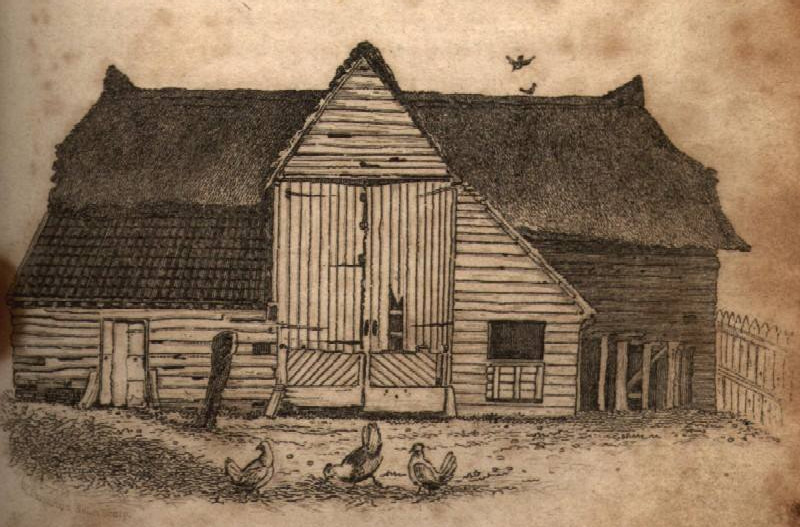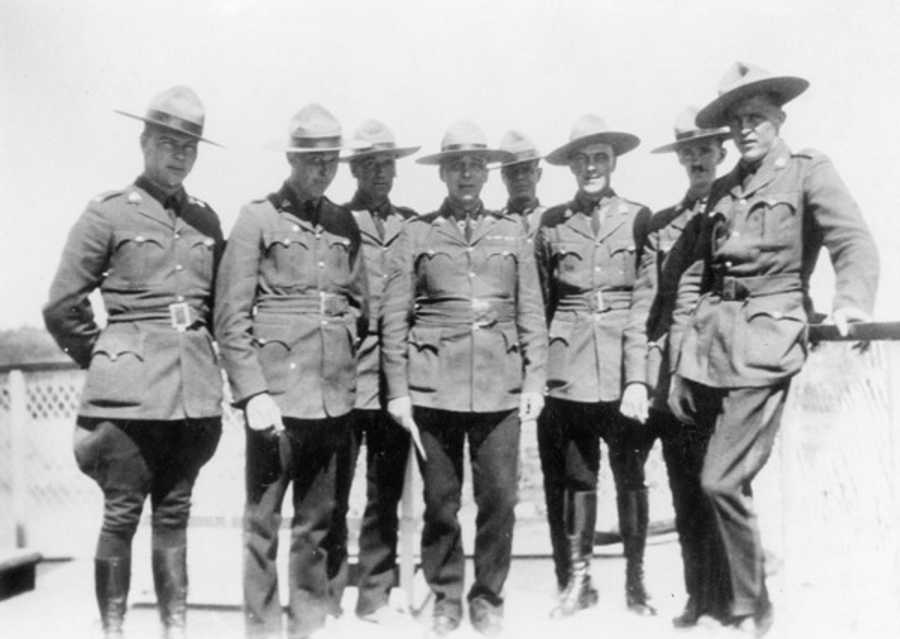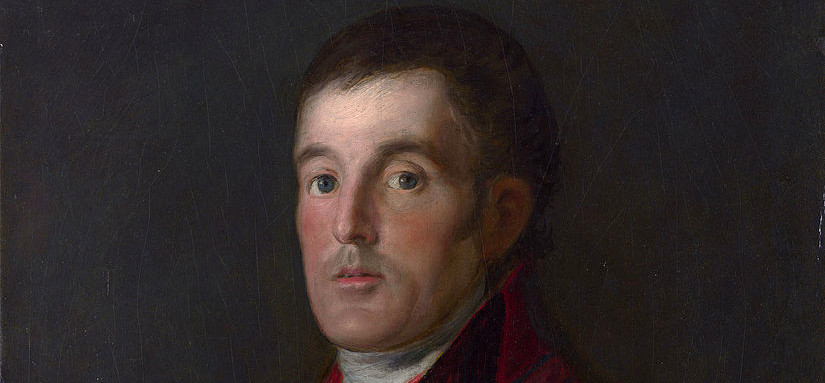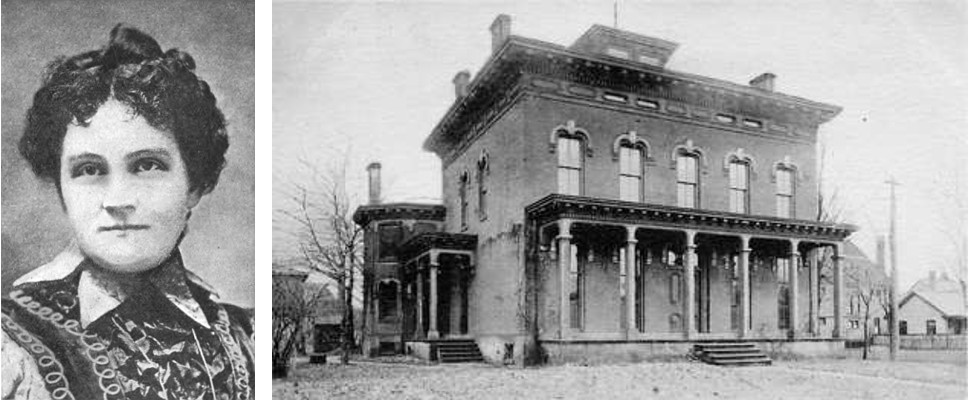Four sharpers having treated themselves to a sumptuous dinner at the Hotel Montreuil, were at a loss how to settle for it, and hit on the following plan: They called for the waiter and asked for the bill. One thrust his hand into his pocket as if to draw his purse; the second prevented him, declaring he would pay; the third did the same. The fourth forbade the waiter from taking any money from either of them, but all three persisted. At last one said: ‘The best way to decide is to blindfold the waiter, and whoever he first catches shall settle the bill.’ This proposal was accepted, and while the waiter was groping his way around the room they slipped out of the house one after another.
— Western Literary Messenger, May 1854









